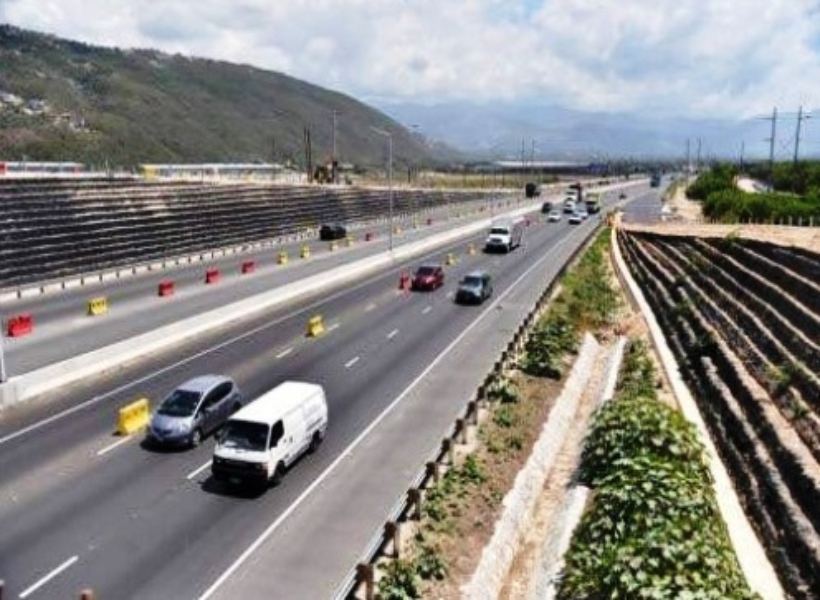In the face of growing criticisms, the Government of China has now created a framework to help countries manage the debt incurred from taking loans associated with the Belt and Road Initiative (BRI), a programme which seeks to create a network of public infrastructure projects around the world to increase trade relations with China.
BRI has faced scathing criticisms since its launch in 2013, with global analysts saying that it leaves countries heavily indebted and, in some cases, having to turn over prime state projects or assets as part of the repayment plan.
Sri Lanka, for example, was forced to sign over its strategically important Hambantota Port to a Chinese state-owned company on a 99-year lease in 2017. The transfer of the port was to lift some of the enormous billion-dollar debts Sri Lanka owed to Beijing, debts which came from loans that helped fund Hambantota in the first place.
Other countries which have landed in the same boat with Sri Lanka include Pakistan, Djibouti, the Maldives, Fiji, and Malaysia.
Despite these troubling scenarios, China had maintained that its initiative was not a debt trap. Now, that it has launched a Debt Sustainability Framework (DSF), commentators are saying that it is an acknowledgement of China’s changing position.
Specifically making this comment were Senior Fellows attached to the Centre for Global Business Development (CGBD), Scott Morris and Mark Plant.
The Senior Fellows stated that one of the significant things about the framework is that it mirrors the World Bank-IMF’s debt sustainability framework which governs lending operations for the multilateral institutions and, to some degree, many bilateral lenders. Plant and Morris opined that this move by China marks a significant step forward in guarding against debt problems associated with BRI.
The analysts noted that, perhaps, the new Belt and Road DSF represents a path towards greater coordination with multilateral institutions and other bilateral creditors while stating that China deserves credit for publicly releasing the DSF.
They stressed, however, that a standard of transparency will be needed to assess whether the DSF is being used appropriately to coordinate, rather than compete, with other actors who offer similar services.
There are currently 152 countries which have signed on to BRI, with Guyana being one of them.













